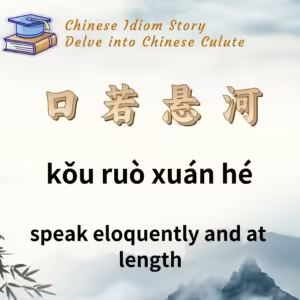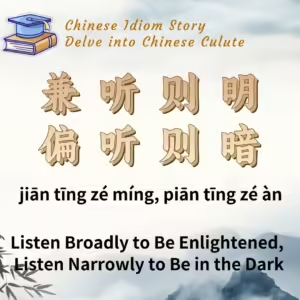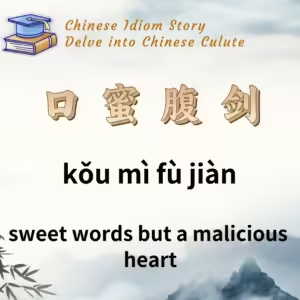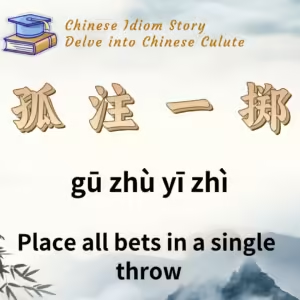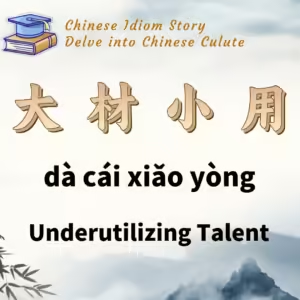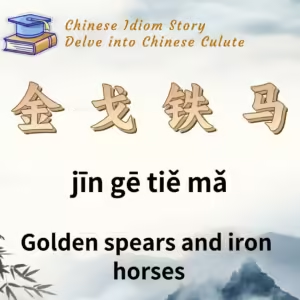
Chinese Idiom: 金戈铁马 (Jin Ge Tie Ma)
English Translation: Golden spears and iron horses
pīn yīn: jīn gē tiě mǎ
Idiom Meaning: This phrase describes a strong military presence, often symbolizing the vigor of soldiers and horses. It can also refer to the concept of war itself.
Historical Source: Yong Yu Le · Jing Kou Bei Gu Ting Huai Gu (《永遇乐·京口北固亭怀古》) by Xin Qiji from the Southern Song Dynasty.
Idiom Story:
The phrase “金戈铁马” originates from the poem written by the renowned poet and military leader Xin Qiji during the Southern Song Dynasty. In 1161, Xin Qiji joined a resistance movement against the Jurchen Jin Dynasty, led by the leader Geng Jing. After Geng Jing was betrayed and killed, Xin Qiji bravely infiltrated the Jin camp, capturing and executing the traitor responsible for Geng Jing’s death. He then led thousands of troops across the river to join the Southern Song Dynasty.
Despite his unwavering commitment and notable military insights, Xin Qiji was not given significant recognition in the Southern Song government and served in various local administrative roles for over a decade. His staunch advocacy for resisting the Jin regime put him at odds with the pro-surrender faction within the government, leading to his eventual dismissal. He spent more than twenty years in seclusion in the Jiangxi region.
In 1205, the Prime Minister Han Pian aimed to solidify his position through a northern expedition against the Jin and brought Xin Qiji back into service as the governor of Zhenjiang at the age of sixty-six. Despite his advanced age and the political complexities of the time, Xin Qiji remained committed to the idea of national reunification. He closely monitored the movements of the Jin forces, believing they were bound to falter. Unfortunately, he passed away shortly thereafter, still calling out to “kill the traitor!”
In his poem Yong Yu Le, Xin Qiji reflects on the historical context of his time and the legacy of past heroes. The opening lines convey a sense of nostalgia and loss for the once-glorious leaders like Sun Quan of the Eastern Wu during the Three Kingdoms period, contrasting them with the current state of affairs.
The poem highlights the fleeting nature of power and the impermanence of glory. The phrase “金戈铁马” captures not only the military strength of bygone eras but also the poignant reminder of how swiftly history can change, and how the valiant acts of heroes can fade into memory. In this context, “金戈铁马” stands as a symbol of both military might and the tragic transience of power.


